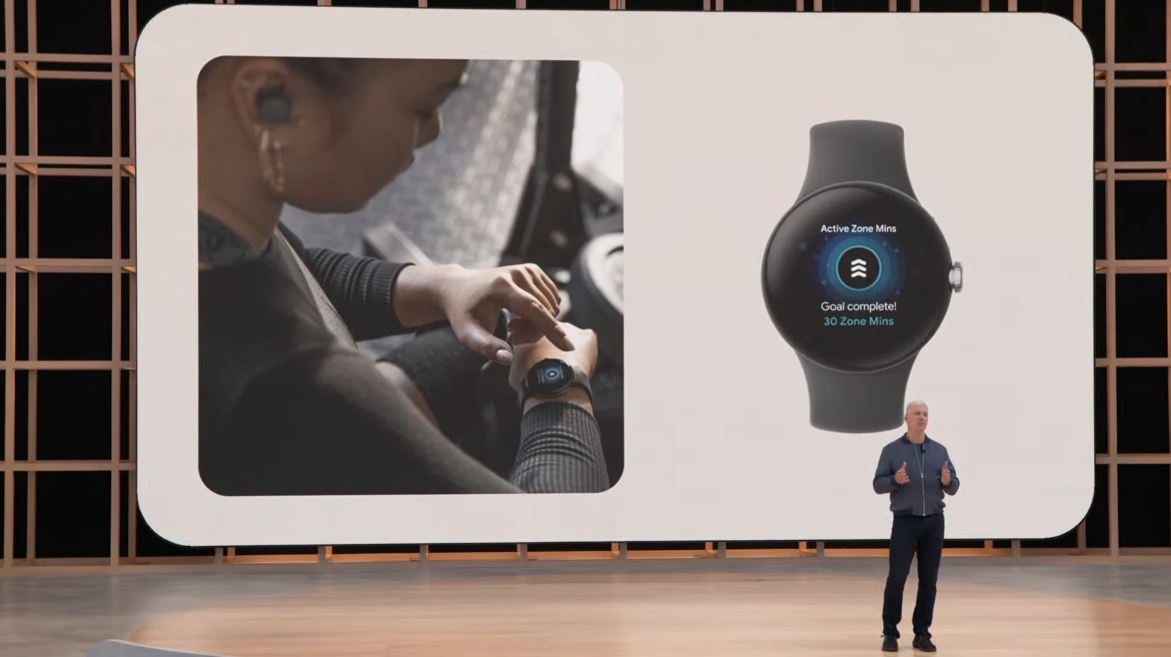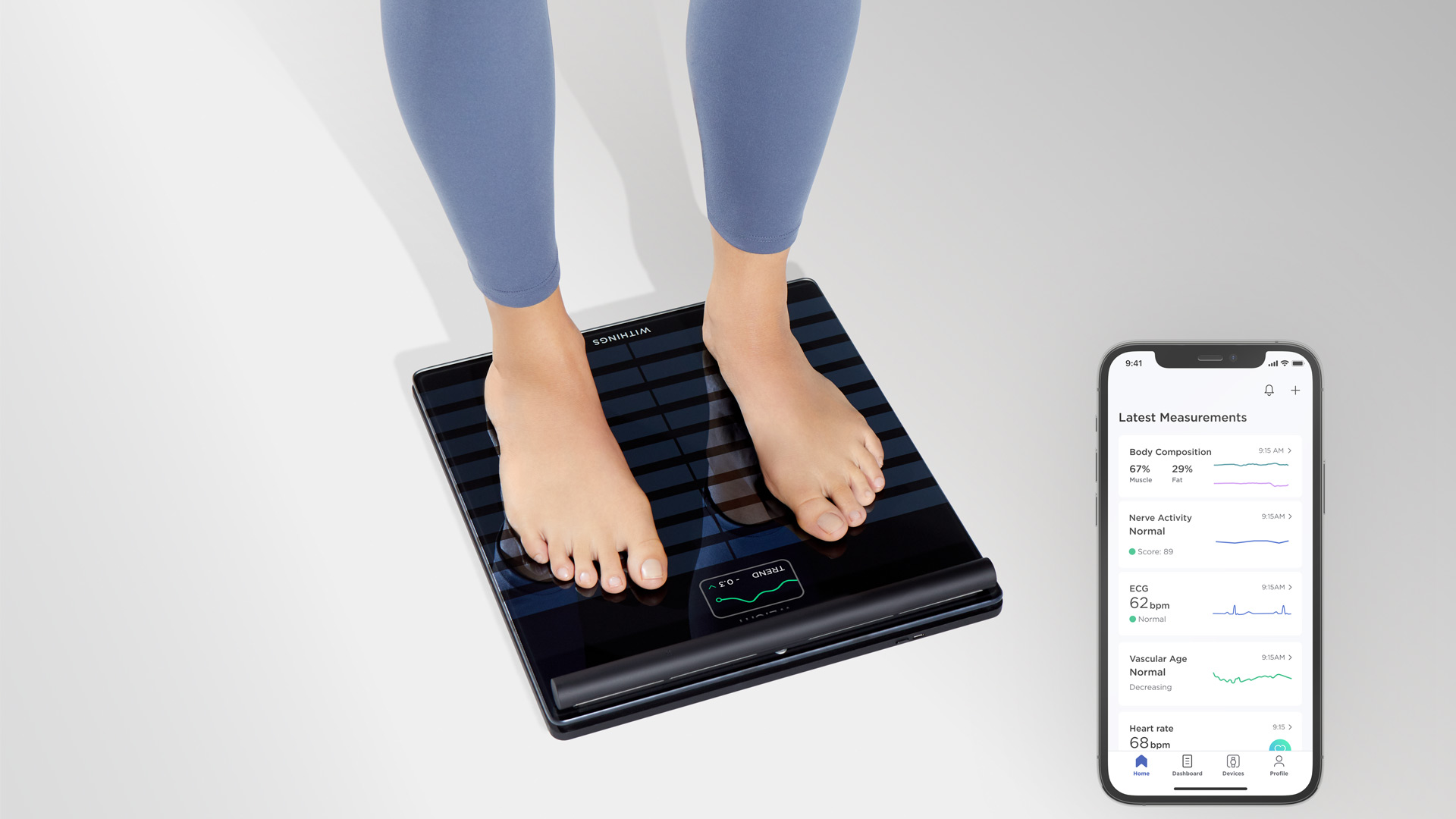Google is creating a new fitness empire with its Health Connect platform
None of us realized the implications

Google and Samsung quietly revealed Health Connect last week, a new platform designed to share different kinds of health data across a variety of apps.
We covered it last week, but don’t be surprised if you haven’t heard about it – it wasn’t revealed during the Google IO presentation, but rather on the Android Developers’ blog.
The Android Developers’ video below dives a little deeper into what Health Connect is and does. It collects 50 different types of data across six categories; activity such as steps taken or calories burned, sleep, nutrition information, cycle tracking, body measurements such as weight and BMI, and vital statistics like heart rate.
Health Connect will then take all this data and share it between its partner apps, such as menstrual tracking app Flo, nutrition diary app MyFitnessPal, smart health device maker Withings, and workout plan apps created by Leap. Google Fit, Fitbit and Samsung Health apps are also included in this expanded ecosystem, so your Pixel Watch, Fitbit Sense, or Samsung Galaxy Watch can feed information into Health Connect too.
“We’re thrilled that Samsung and Google are working together to fulfill this need with a new solution, Health Connect,” Samsung executive VP TaeJong Yang wrote in a press release last week. “Developers now have access to a single set of APIs that enable the creation of fitness and health experiences. With the new Health Connect API, users will have a comprehensive set of controls to manage their health and fitness data across apps.”
The end result is set to be a more complete, holistic picture of your health, with all the data held in one place rather than spread over half-a-dozen apps. Allowing Google into this shared ecosystem might even mean, in the near future, your health data is able to be accessed via Google Home's voice commands.
The idea isn’t necessarily new, as Garmin Connect offers the same experience to a limited extent. However, Google’s ubiquity and its ability to get partner apps onside (read: lots of money) might mean Health Connect is the beginning of the Alphabet fitness empire.
Google and Samsung are clearly keen for Android developers to jump on board and experiment with the information Health Connect can provide, as the more apps that use Health Connect, the better the service will be. Perhaps that’s why it wasn’t announced during Google IO: why do a big, splashy launch if you have a service depending on partners, and you don’t have many partners yet? For Google and Samsung, it’s better to launch later in the year and advertise the potentially hundreds of apps able to interface with Health Connect, than letting the cat out of the bag too early and getting a mediocre reaction.
It also explains why Google is in no real rush to incorporate Wear OS into the latest Fitbits, instead prioritizing the Pixel Watch. It doesn’t need its own operating system to work on Fitbit devices right now, as any data collected by Fitbit can be fed back into the central Health Connect platform, to be shared and distributed how Google sees fit.

A vision of the future
You wake up feeling Well Rested, to borrow a phrase from Skyrim. Your Fitbit smartwatch has already recorded your sleep data, which is now hosted on Health Connect as well as your Fitbit app. You eat breakfast, logging it in MyFitnessPal as usual, which calculates the calories you’ve just eaten and sends the data to Health Connect.
On the way home, you head to the gym, opening a workout plan in your Leap app. Selecting the workout in Leap, your chosen routine is cross-referenced with the calories you burned during the workout. This is calculated separately by your smartwatch, but both sets of data get sent to Health Connect.
When you get home, you jump in the shower, pausing to step on your Withings smart scales. The scales calculate your weight and body fat percentage, sending the data to – you guessed it – Health Connect.
Finally, exhausted in your pajamas, you ask Google Home for a breakdown of your health activity today. Google Home fishes Health Connect for all your data across five different apps, and tells you whether you’re in a calorie deficit or calorie surplus for the day.
Is this the future that awaits us? If Google and Samsung have their way, it could well be. A single health platform for Android users will take time for developers to adopt, but it could be a genuine game-changer. However, before it makes its way to the users, we should wait and see if it’s adopted by developers first.
Sign up for breaking news, reviews, opinion, top tech deals, and more.

Matt is TechRadar's expert on all things fitness, wellness and wearable tech.
A former staffer at Men's Health, he holds a Master's Degree in journalism from Cardiff and has written for brands like Runner's World, Women's Health, Men's Fitness, LiveScience and Fit&Well on everything fitness tech, exercise, nutrition and mental wellbeing.
Matt's a keen runner, ex-kickboxer, not averse to the odd yoga flow, and insists everyone should stretch every morning. When he’s not training or writing about health and fitness, he can be found reading doorstop-thick fantasy books with lots of fictional maps in them.